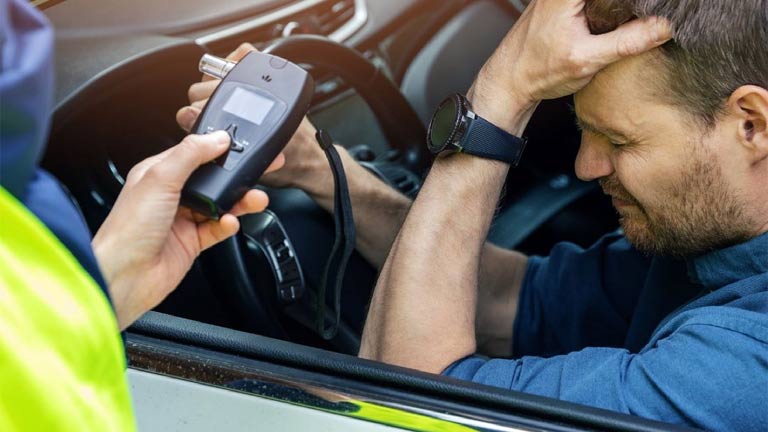
Are you going to a party, reception, or marriage and you are driving after a few drinks at returning time? You may have many questions in mind about DUI charges and DWI checkpoints. Drinking and driving is illegal because it poses a significant threat to public safety. Alcohol and other drugs impair a driver’s ability to make good decisions, react quickly to changes on the road, and stay focused while driving. This increases the risk of accidents, injuries, and fatalities for both the driver and other roadside people.
That’s why there DUI (Driving Under the Influence) and DWI (Driving While Intoxicated) laws exist to promote public safety by discouraging and penalizing the dangerous behavior of driving under the influence of drugs or alcohol.
Answers to Frequently Asked Questions about DUI and DWI
What is the difference between DUI and DWI?
The main difference between DUI (Driving Under the Influence) and DWI (Driving While Intoxicated) varies by state and jurisdiction, but generally, DUI refers to a driver who is operating a vehicle with a blood alcohol concentration (BAC) over the legal limit, while DWI may apply to a driver who is impaired by any substance, such as drugs or alcohol. However, some states use the terms interchangeably or have a specific meaning for each time.
Are DUI and DWI checkpoints illegal?
DUI checkpoints, also known as sobriety checkpoints, are legal in many jurisdictions, including the United States, as they are considered a lawful and effective means of preventing drunk driving and promoting public safety.
How can find DUI and DWI checkpoint locations in your areas?
Generally, DUI checkpoint locations are not publicly disclosed in advance due to their surprise element, but some law enforcement agencies may announce the location and timing of DUI checkpoints on their official websites or social media pages. You can keep your eyes open and stay alert while driving and when you see any DWI checkpoints in Missouri or anywhere.
How to face DUI and DWI checkpoints?
If you come across a DWI checkpoint, it is essential to remain calm, comply with law enforcement’s instructions, and present your driver’s license, vehicle registration, and proof of insurance if asked.
What Happens When You Get A DUI?
When you get a DUI, you may face legal consequences such as fines, license suspension or revocation, mandatory alcohol education or treatment programs, community service, and even imprisonment, depending on the severity of the offense.
How to Defend Yourself in a DUI Case?
If you are facing a DUI charge, it is essential to seek the guidance of an experienced DUI defense attorney who can help you understand your legal options and develop a strong defense strategy. Some common defenses in a DUI case may include challenging the legality of the traffic stop, questioning the accuracy of the field sobriety or breathalyzer test, or arguing that the officer failed to follow proper arrest procedures.
Can you refuse a DUI and DWI checkpoint?
It is generally not recommended to refuse a DUI checkpoint as it may result in further legal consequences, such as being detained or arrested, but the specific laws regarding refusing a checkpoint may vary by jurisdiction.
How much does Dui cost?
The cost of a DUI can vary depending on a range of factors such as legal fees, fines, court costs, mandatory education or treatment programs, increased insurance premiums, and the potential loss of income, but it can amount to several thousand dollars or more.




